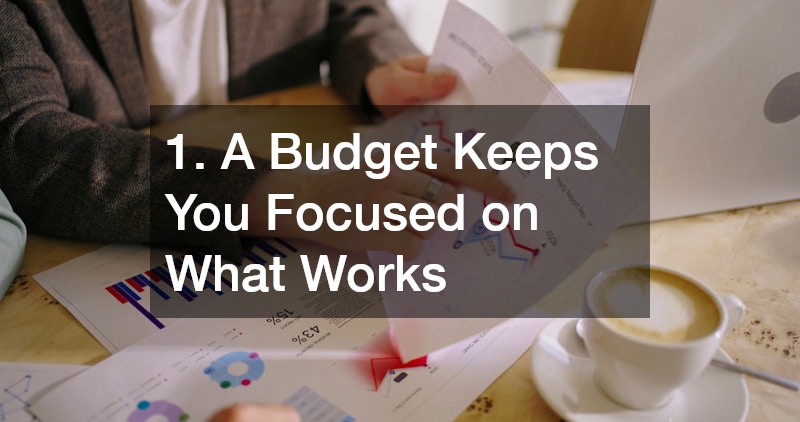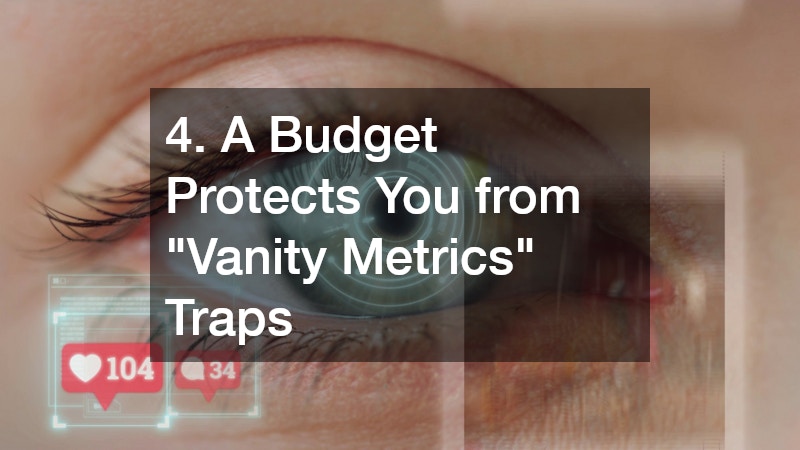Digital marketing offers countless opportunities to grow your brand, but it can also be a money trap if you’re not careful. Entrepreneurs often dive into online advertising, SEO tools, social media boosts, and email marketing platforms without a clear financial plan. The result? Blown budgets, disappointing returns, and mounting frustration. That’s where having a strategic digital marketing budget makes all the difference.
A well-crafted budget helps you avoid overspending, measure your return on investment (ROI), and resist shiny but ineffective marketing tools. In this article, we’ll dive into five real-world lessons that show exactly how having a budget helps you dodge digital marketing traps and spend smarter.
Why Do Entrepreneurs Fall Into Digital Marketing Traps?
Before we explore the solutions, it’s important to understand the common pitfalls entrepreneurs face in the digital marketing landscape. Many business owners start with high hopes but minimal planning. They get lured by:
- Promises of instant traffic and sales
- Flashy ad platforms with unclear ROI
- Influencer marketing with no performance metrics
- Subscription tools that auto-renew without delivering results
Without a budget, it’s easy to spread your resources thin across multiple ineffective tactics. That’s why financial clarity should come before any campaign launch.
1. A Budget Keeps You Focused on What Works

When you set a budget, you naturally prioritize strategies that offer the best value. This forces you to research, test, and double down on what actually delivers results.
Here’s how it helps:
- You avoid impulse spending on trendy platforms like TikTok or Threads just because “everyone’s doing it.”
- You focus on proven channels like email marketing, retargeting, or Google Ads if they’ve worked for your business.
- You track performance per dollar spent and shift your strategy accordingly.
Pro Tip: Allocate your budget using the 70-20-10 rule:
- 70% to proven campaigns
- 20% to new tactics
- 10% to experimentation
2. Budgeting Helps You Avoid Over-Reliance on Paid Ads
It’s tempting to pour money into Facebook or Google Ads for quick traffic. But without limits, it becomes a trap. Ad fatigue, increasing costs, and diminishing ROI are real issues.
A budget ensures:
- You diversify your efforts instead of relying solely on pay-per-click.
- You invest in organic SEO, content marketing, and customer retention.
- You can pause and optimize campaigns instead of letting them drain funds.
💡Did you know?
Businesses often ask, “What are the five marketing strategies that retailers spend half of their annual budget on?” The answer includes paid search, display advertising, social media ads, email marketing, and influencer partnerships. Without a budget, these can become financial black holes.
3. Avoid Subscription Tool Overload with a Budget
Marketing tech stacks can get out of control. From email platforms and social schedulers to landing page builders and analytics tools—it all adds up.
A clear budget helps you:
- Audit your marketing tools quarterly
- Cut out underperforming subscriptions
- Consolidate features into fewer, more powerful platforms
Questions to ask before signing up for a new tool:
- Does it directly support a marketing goal?
- Can you measure its ROI in the next 30 days?
- Is there a free or low-cost alternative?
4. A Budget Protects You from “Vanity Metrics” Traps

Clicks, likes, and impressions might look impressive, but they don’t always translate to sales. Many entrepreneurs fall into the trap of spending just to “appear active” online.
With a set budget:
- You’re less likely to chase empty metrics.
- You align every dollar with performance-based goals like conversions, lead quality, and customer lifetime value.
- You invest in deeper analytics instead of surface-level engagement.
Remember: If it doesn’t impact your bottom line, it’s probably not worth your budget.
5. How Does Having a Budget Help You Avoid the Traps of Digital Marketing? It Builds Long-Term Discipline
Entrepreneurial success isn’t just about taking risks—it’s about taking smart risks. Budgeting helps you build the discipline needed for sustainable growth.
Long-term benefits include:
- Clear ROI tracking over months or quarters
- Better forecasting for seasonal campaigns
- Improved cash flow and reinvestment planning
- Increased investor and stakeholder confidence
When you treat your marketing budget like an investment rather than an expense, your decision-making improves. Instead of reacting emotionally to poor performance or trends, you adjust your strategy with intent.
Final Thoughts: Budgeting Is Your Best Marketing Strategy
Having a budget doesn’t limit your potential—it empowers it. As an entrepreneur, every dollar should work for you, not against you. A budget gives you the clarity to invest in what works, cut out what doesn’t, and continuously refine your approach.
By learning from the five lessons above, you can avoid the traps of digital marketing and build a more profitable, sustainable business.






